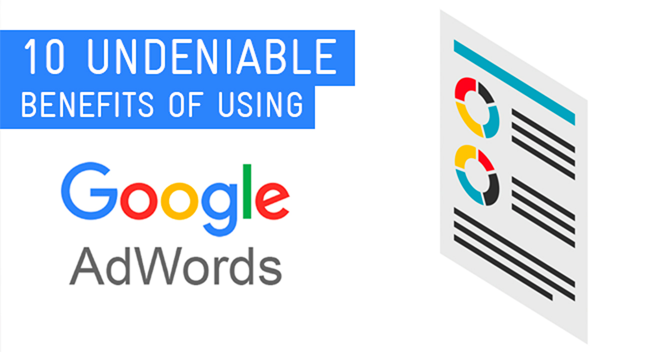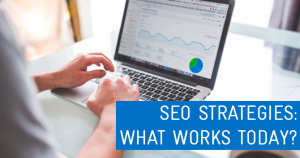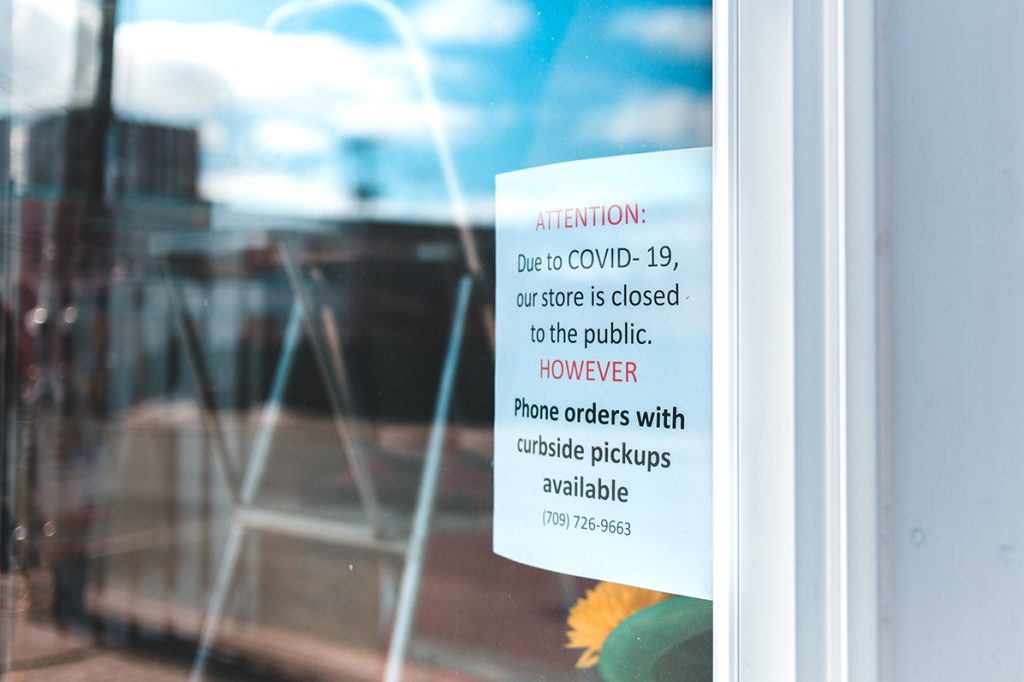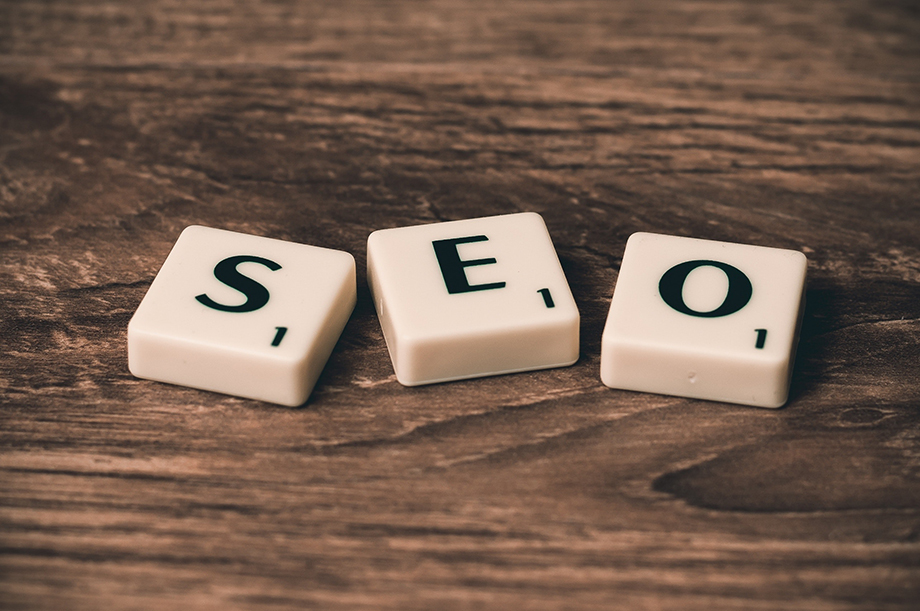Launched October 23, 2000, Google AdWords is a pay-per-click (PPC) marketing platform in which advertisers create custom ads that appear as sponsored listings in Google’s search results and partner websites. While some business owners disregard the platform as an unnecessary expense, most digital marketing experts agree it’s a smart investment. So, if you’re a business owner who’s skeptical of AdWords, check out the following benefits listed here.
1) You’re Only Charged for Clicks
When advertising your website on the AdWords Search Network, Google doesn’t charge you for creating or showing your ads, but only when someone clicks your ad. If 500 users see your ad, but no one clicks it, you pay nothing. This is in stark contrast to conventional marketing channels that charge advertisers for impressions.
2) Increased Brand Exposure
Another benefit of using AdWords is increased brand exposure. Every time someone sees your ad, it reinforces your brand. And with Google users performing 3.5 billion searches per day, plenty of people will see your ad. To take advantage of this benefit, include your business’s brand name in your ad copy. That way, even if no one clicks your ad, they’ll still your brand name.
3) Instant Results
You don’t have to wait long to see the results of your AdWords marketing campaigns. After creating a new ad, the editorial team will review it for compliance within 24 hours. Assuming it doesn’t violate any of the platform’s terms and conditions, Google will begin showing it. In comparison, it can take several months to see the results of search engine optimization (SEO). If you want to generate sales or conversions now, you should make AdWords a key part of your digital marketing strategy.
4) High ROI
AdWords also offer a high return on investment (ROI) when compared to other marketing channels. According to an Economic Impact Return, the average ROI for AdWords is 200%. For every $1 a business spends on AdWords marketing, it will earn $2 in return. With that said, some business experience much higher ROI on Google’s PPC platform. When optimized with the right keywords, ad copy and landing page, businesses can generate a 400% or higher ROI using AdWords.
5) Targeting
Perhaps the most significant benefit of using AdWords is its targeting. When creating ads on the Search Network, you specify the keyword searches to trigger your ads. Keywords reveal a lot about the user’s intent, making this a highly useful targeting option for online advertising.If you run a business that sells custom wedding bands, you can target keywords like “custom wedding band” and “buy wedding band.” Your ads will only show when someone searches for one of these keywords or a variation thereof.
Furthermore, you can target users based on geographic region. Does your business operate locally? No problem. With AdWords, you can set up your ads so only users in your city can see them. If someone searches for your keyword outside of the specified city, they won’t see your ad.
6) Extensions
A beneficial AdWords feature that’s often overlooked by advertisers is extensions. Google’s PPC platform supports a variety of extensions, all of which add information or functionality to the ad. The call extension, for instance, displays your business’s phone number for desktop users and a click-to-call button for mobile users. The ratings extension shows your business’s ratings out of five stars based on Google’s review sources (Google Trusted Stores, Google Consumer Surveys, etc.). All Adwords extensions are free to use with no strings attached.
7) No Minimum Budget Required
According to WordStream, some companies spend more than $50 million a year in AdWords advertising. But whether you’re looking to spend $10 or $10 million AdWords supports all budgets, big and small alike. You can specify the maximum amount you are willing to pay for a click, as well as a daily budget. If you reach your day’s limit, AdWords will automatically pause your ads, so you aren’t overspending. You can also automate monthly budget pacing in your AdWords account with AdWords automation scripts.
8) Remarketing
Also known as retargeting, remarketing is an AdWords feature that allows advertisers to target users who’ve already visited your website. The general idea is to capture prospects who left your site without purchasing a product. If a user visited your site, it’s safe to assume he or she is interested in what you have to offer. Remarketing allows you to target these prospects with highly relevant ads that yield a high click-through rate (CTR) and an equally high conversion rate.
9) Ads Appear Above Organic Listings
Another reason to use AdWords is that ads appear above organic listings. When you perform a Google search from a desktop computer, you’ll typically see four AdWords ads at the top of the search results page, followed by roughly a dozen organic, non-paid listings. Granted, Google displays a few additional AdWords ads at the bottom, but the top of the search results are always full of paid advertisements.
10) Reach 90% of Internet Users With the Display Network
Finally, the AdWords Display Network reaches more than 90% of all Internet users, according to Google. Unlike the Search Network, ads on the Display Network appear on more than 2 million affiliated websites that participate in the company’s AdSense revenue-sharing program.
When compared to the Search Network, traffic on the Display Network typically has a lower conversion rate. However, that doesn’t necessarily mean it’s bad. Although the conversion rate is low, so are the bid prices for clicks. In fact, some advertisers report an even higher ROI when advertising on the Display Network compared to the Search Network. That is why it’s a good idea to create two different campaigns: one for the Search Network and another for the Display Network.
As you can see, AdWords is a powerful marketing tool for businesses. Whether you’re looking to attract new customers, improve brand visibility or simply dominate the search results, you should make AdWords a part of your marketing strategy. Just remember to monitor and optimize your ads.









